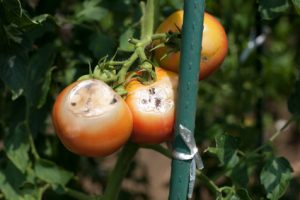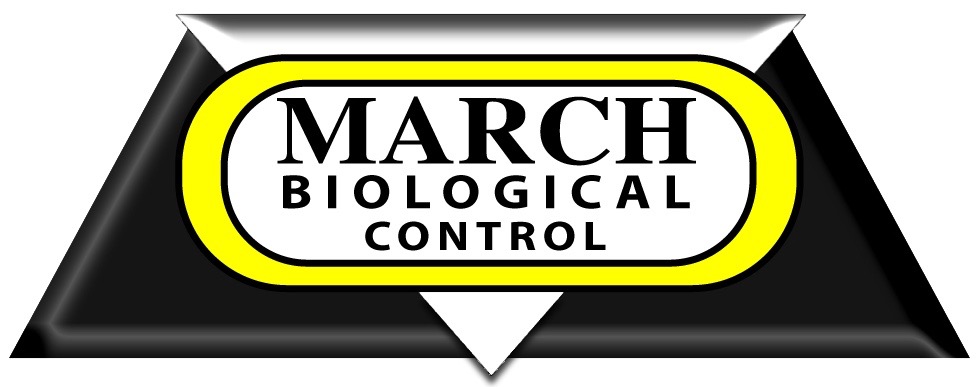Explaining IPM and how Beneficial Insects fit into the equation by Brad the Bugman.

IPM or integrated pest management is a unique process where several methods of pest control are combined to maintain a healthy balance of bad bugs and good bugs. It was started after WW II, gathered from studies in ecology between pests and their natural enemies.
Sometime in the 1950s, the University of California entomologists took this a step further. They coined the phrase “integrated control” and studied the use of natural pest control combined with chemicals. The key to this study was to help farmers grow crops on a large scale with fewer pesticide costs.
In the 1970s integrated pest management (IPM) was introduced again when outbreaks of invasive species such as bacteria, viruses and insects started causing harm to the ecosystem. On top of targeting large scale growers, IPM was pushed on home gardeners, nurseries, and other domestic farmers in hopes of controlling these outbreaks without the use of harmful pesticides.
There are six elements of IPM. No. 1 on the list is the tolerance for unwanted pests. Studies have shown that trying to wipe out an entire species only resulted in the species forming a stronger resistance to the chemicals. When more chemicals were used, the environment suffered as did the growers pocketbooks.
The other five on the list are –
- Biological controls – this is our favorite. Beneficial insects that prey on pests are nature’s way of keeping infestations under control safely and without harmful side effects.
- Prevention – when laying out your garden select plants that are native to the area and plant like plants with like plants according to water and sunlight needs.
- Monitor – regularly inspect plants. Look for brown spots on leaves or spider webs. If you suspect you have an infestation you can use a piece of white paper, hold it under the plant and gently shake the plant. Unwanted guests will fall on the paper making them easier to identify. If you have questions visit www.marchbiological.com for help.
- Mechanical controls- a soft stream of warm water will knock off aphids, pull weeds before they sprout, don’t over water. Several pests love damp, wet places to lay their eggs.
- Responsible use of chemicals – select the best chemical and only apply spot application, targeting the pest’s homes. Remember chemicals destroy the bad bugs as well as the good bugs.
Beneficial Insects have been counted on to provide ongoing pest control in gardens, around homes and businesses since the late 1880’s. Order your bugs today!! 800.328.9140
